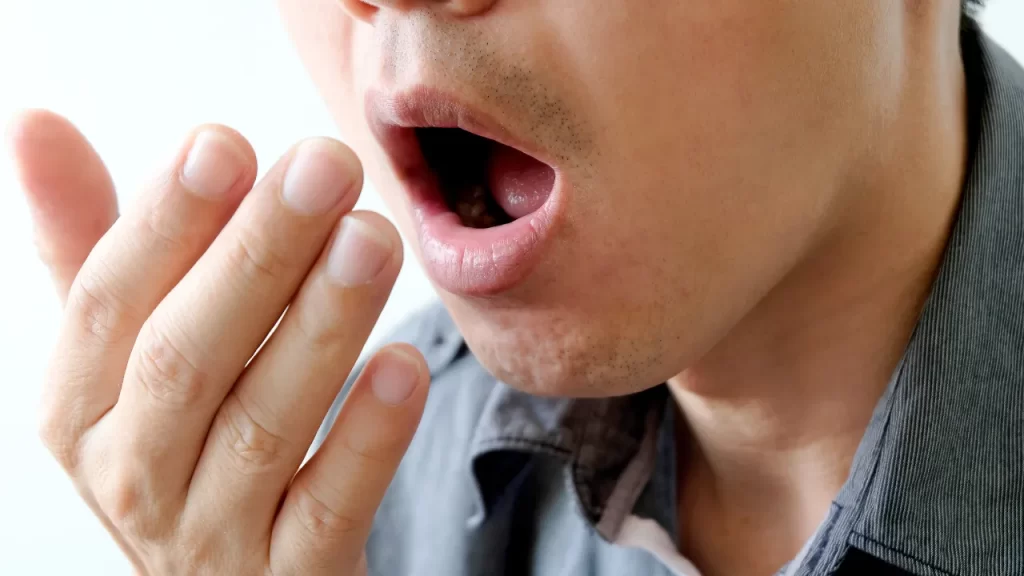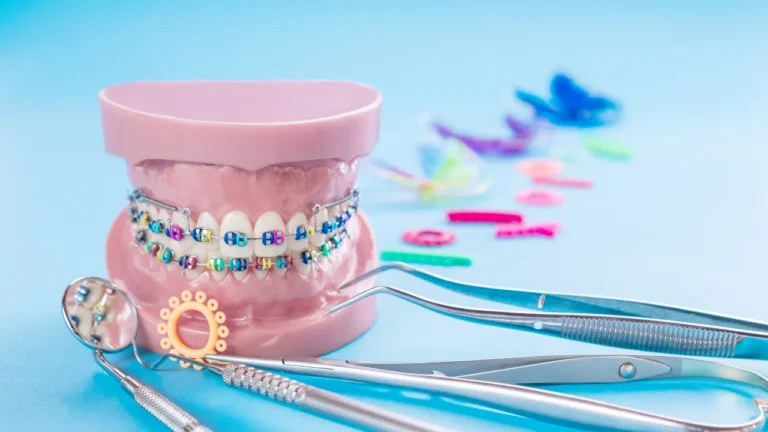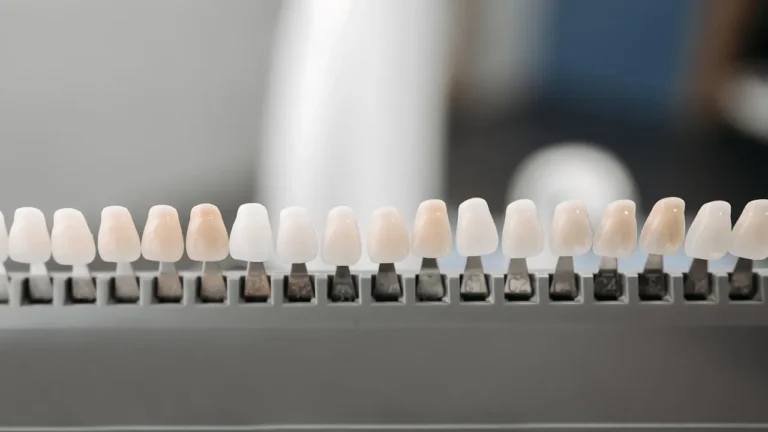Bad breath, also known as halitosis, can be a social nightmare. But fear not! Fresh breath is achievable with the right strategies.
Let’s delve into practical tips and treatments to keep your breath minty-fresh.
Understanding the Culprit: What Causes Bad Breath?
Several factors can contribute to bad breath:
- Microscopic Munchers: Bacteria in your mouth love to feast on food particles, leaving behind unpleasant odors as byproducts .
- Food Leftovers: Tiny food bits trapped between your teeth can decompose, causing bad breath .
- Dry Mouth Blues: Saliva plays a vital role in washing away odor-causing bacteria. When your mouth is dry, these bacteria multiply and create a foul odor .
- Medical Mischief-Makers: Underlying health conditions like sinus problems, diabetes, and digestive issues can sometimes contribute to bad breath .
Oral Hygiene Practices for Fresh Breath
- Brush and Floss Like a Boss: Brushing your teeth twice daily with fluoride toothpaste and flossing once a day are the cornerstones of good oral hygiene. This dynamic duo removes food particles and plaque buildup, keeping your breath fresh.
- Don’t Forget Your Tongue!: Your tongue is a prime spot for bacteria to camp out. Use a tongue scraper or your toothbrush to gently clean your tongue every day, removing odor-causing bacteria and food debris.
- Regular Dental Visits Are Your Best Friend: Schedule regular dental checkups (every six months is ideal). Your dentist can identify and treat issues like gum disease and plaque buildup, which can contribute to bad breath .
Diet: Friend or Foe to Fresh Breath?
- Foods to Avoid: Garlic, onions, and spicy foods might leave you with less-than-pleasant breath. Sugary treats can also feed the bacteria in your mouth, leading to bad breath.
- Foods for Freshness: Pack your diet with fresh fruits and vegetables. Crunchy options like apples and carrots act as natural toothbrushes, while herbs like parsley and mint have natural breath-freshening properties.
- Hydration is Key: Drinking plenty of water throughout the day keeps your mouth moist, flushes away food particles, and combats dry mouth, a major culprit of bad breath.
Lifestyle Hacks for Fresh Breath
- Kick the Smoking Habit: Smoking not only stains your teeth but also dries out your mouth and contributes significantly to bad breath . Quitting smoking is a win-win for your breath and overall health.
- Chew Sugar-Free Gum: Chewing sugar-free gum increases saliva production, which helps wash away bacteria and food particles. It’s a quick and easy way to freshen your breath between meals.
- Alcohol-Free Mouthwash for the Win: Opt for alcohol-free mouthwash to kill bacteria without the drying side effects of alcohol-based rinses. Look for mouthwashes containing chlorhexidine or cetylpyridinium chloride for optimal results.
When to See a Doctor: Persistent Bad Breath Needs a Checkup
If you’ve been battling bad breath despite good oral hygiene, it’s time to see a doctor.
Underlying health conditions like sinus infections, diabetes, and digestive issues can sometimes contribute to bad breath.
A healthcare professional can diagnose and treat these underlying causes for long-lasting fresh breath.
Medical Treatments for Stubborn Bad Breath
For severe cases, your dentist might prescribe medicated mouthwashes to target specific bacteria or treat underlying dental problems.
Additionally, regular professional cleanings at your dentist’s office remove plaque and tartar buildup that brushing can’t reach, promoting long-term fresh breath.
References
- Mayo Clinic. (2023, May 10). Bad breath – Diagnosis and treatment. https://www.mayoclinic.org/diseases-conditions/bad-breath/multimedia/halitosis/img-20007281
- WebMD. (2022, August 22). Natural and Home Remedies for Bad Breath. https://my.clevelandclinic.org/health/diseases/17771-bad-breath-halitosis









